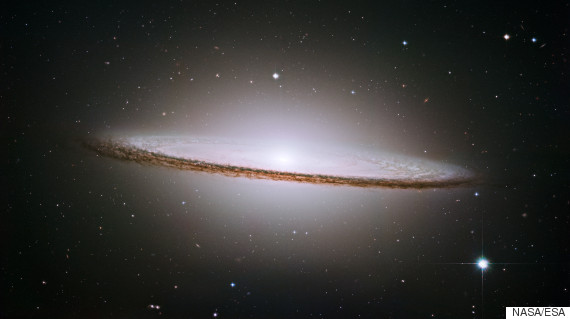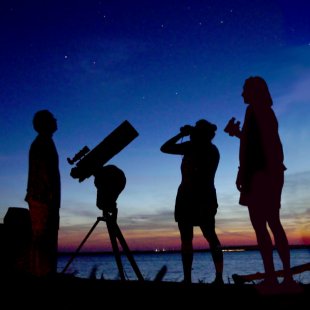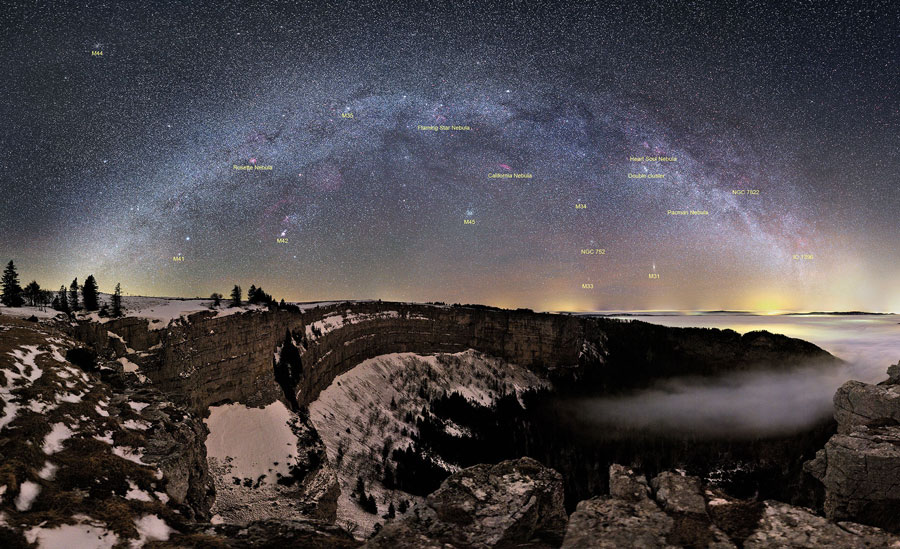On April 27, 4877 BC, the universe was created!?
Do we really understand space-time? Â Two interesting articles have recently crossed my virtual desk.
In the first, History.com reported:
On this day in 4977 B.C., the universe is created, according to German mathematician and astronomer Johannes Kepler (1571-1630), considered a founder of modern science.

Best known for his theories explaining the motion of planets, Kepler first observed the visible universe with his naked eye, and later with a telescope similar to the one used by Galileo Galilei.
While Kepler’s estimate of the age of the universe may have been based upon the best scientific understandings of his day, we now consider his view quaint and short-sighted.  We now have such sophisticated equipment for measuring time and distance that a current estimate of the age of the universe has been pegged at 13.77 billion years.
But will that current estimate meet the test of time (pun intended)?
In the second article, “Why Space and Time Might be an Illusion,†George Musser stated:
The ordinary laws of physics, operating within time, are inherently unable to explain the beginning of time. According to those laws, something must precede the big bang to set it into motion. Yet nothing is supposed to precede it. A way out of the paradox is to think of the big bang not as the beginning but as a transition, when space crystallized from a primeval state of spacelessness.

What will ultimately explain this paradox? What will give us a really accurate picture of the age of the universe? Perhaps “string theory, loop quantum theory, causal-set theory,†or perhaps something else?
When you take a step back from the dispute, you notice all agree on one essential lesson: the space-time that we inhabit is a construction. It is not fundamental to nature, but emerges from a deeper level of reality. In some way or other, it consists of primitive building blocks — “atoms†of space — and takes on its familiar properties from how those building blocks are assembled.
Atoms of space? Will the textbooks of a future generation speak of them as casually as we currently discuss carbon or plutonium atoms? Â Just what will the future hold for our progressive knowledge of how space and time really work? Â
I predict that at some future date, scientists will look back on our day and proclaim, “How quaint, but short-sighted were the theories of physics in 2016!”


